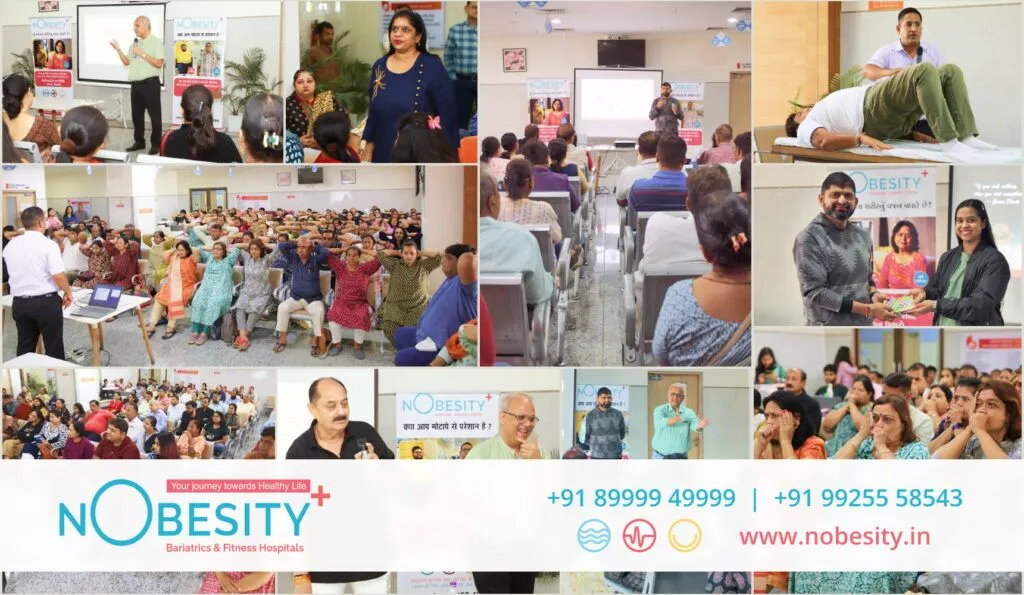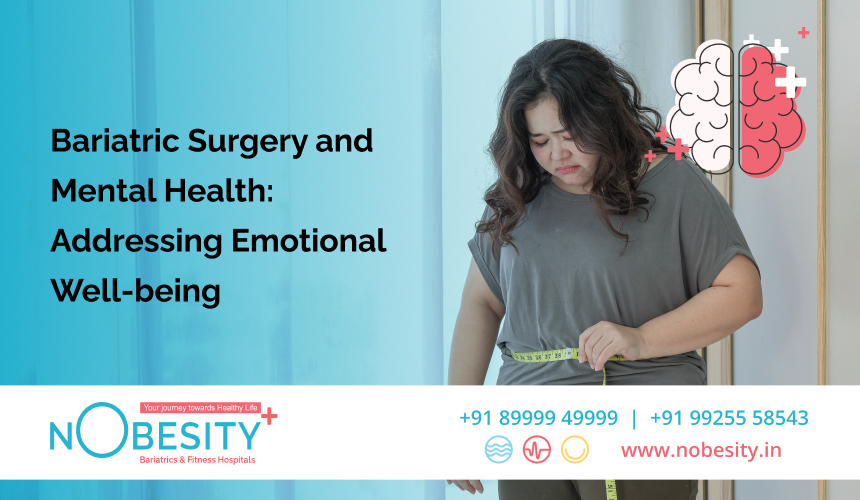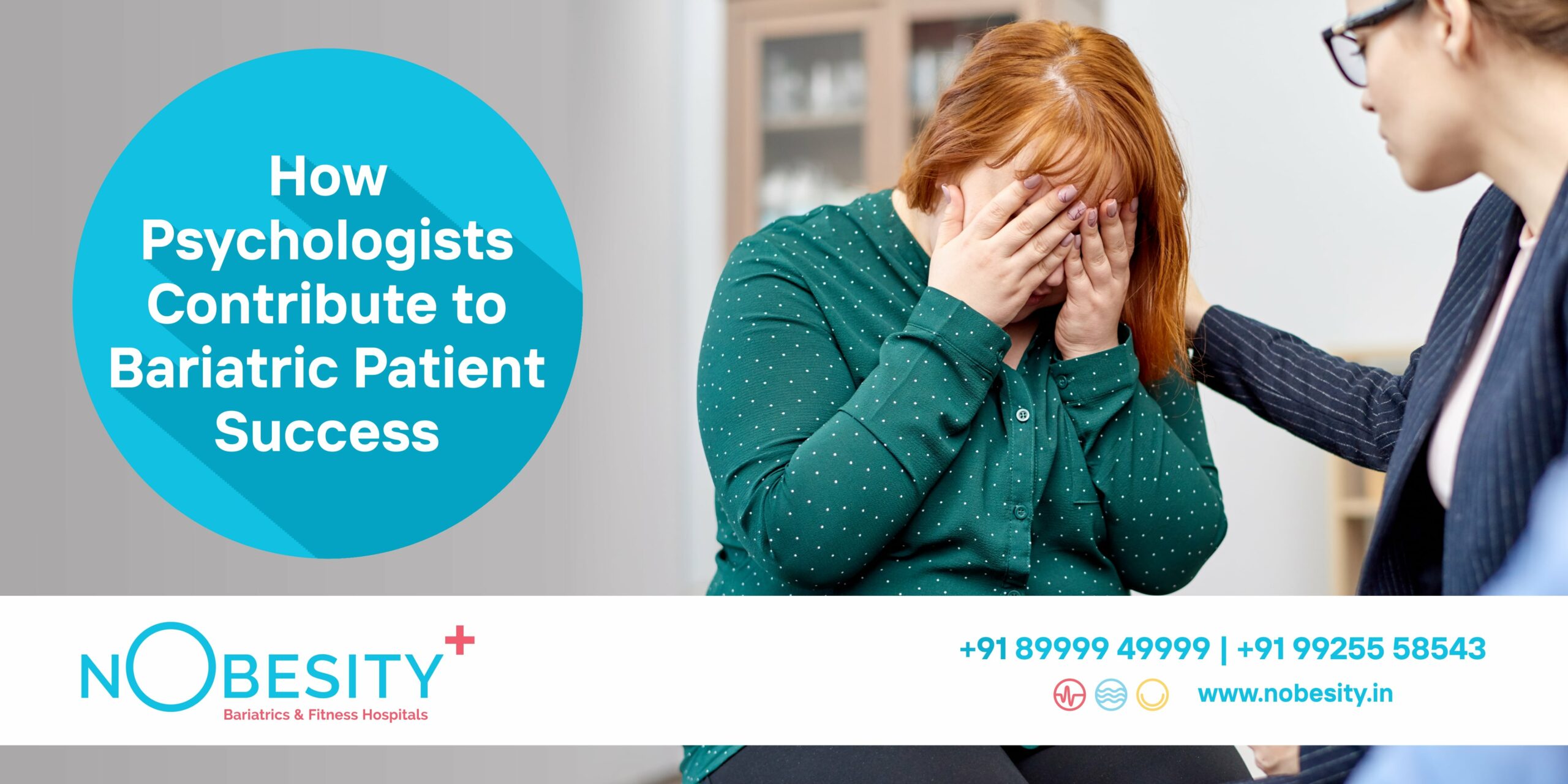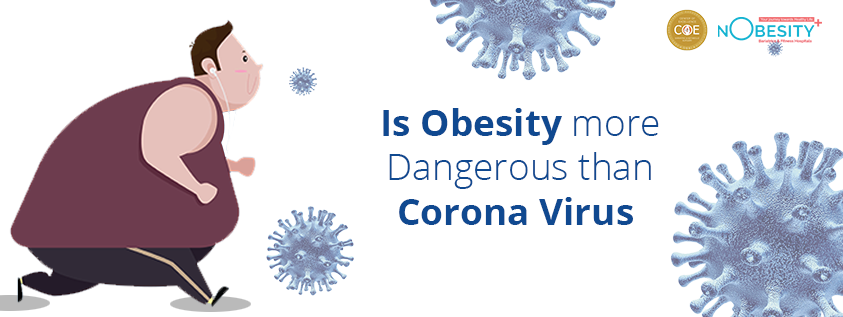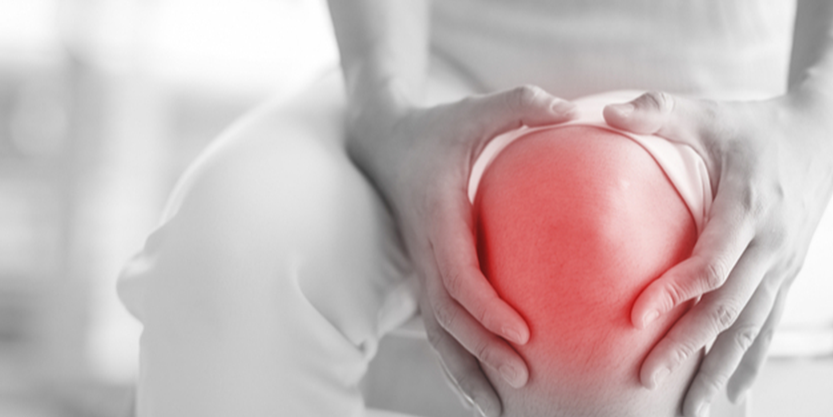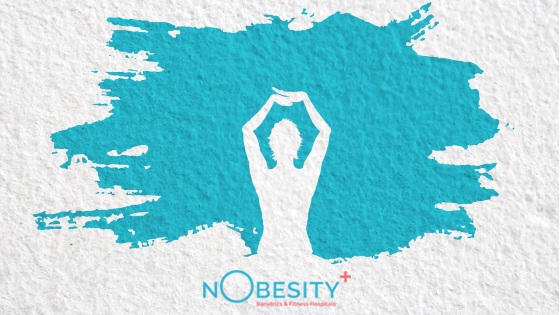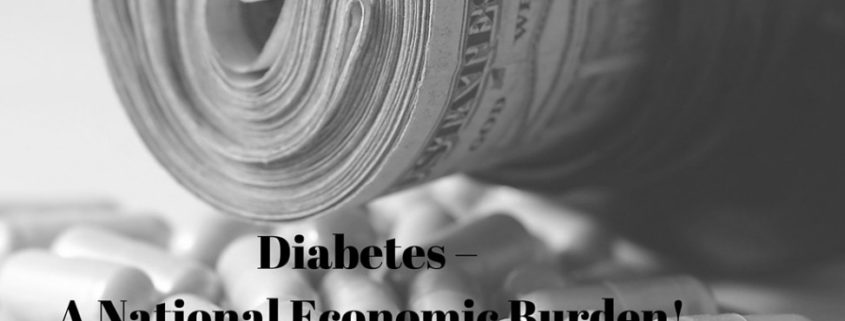
Panic, Anxiety, Depression. What COVID-19 Pandemic could mean FOR MENTAL HEALTH OF INDIANS
The coronavirus crisis and the restrictive measures that many countries are taking to contain the outbreak can have a negative impact on people’s mental health as well as on their well-being. The World Health Organization (WHO) has warned on the same. With hospital isolation of positive cases, tracing down the suspects, and giving them home quarantine with a complete lockdown, curfew in the country are only measure available to deal with the fatal disease.
Due to extended lockdown, a rupture of routine, hindered work life and sedentary lifestyle could lead to depression and mental isolation of self. Experts advice that it is important to consider the effects of this pandemic on the mental health of people. They are reaching out to people, providing psychological support to the general public. This pandemic phase could have a long-term effect on people’s perception of life and existence. They may start having more stressful reactions to small events in near future.
The SARS epidemic, for example, saw a rise in diagnoses of post-traumatic stress disorder in doctors and patients; while after 9/11 one in ten adults in New York showed signs of clinical depression in the month following the attack. Spending time in isolation and following social distancing measures may slow the spread of the disease, but it may also be linked to an increase in depression, anxiety, drug and alcohol abuse, domestic violence, and child abuse. Previous large-scale health issues have led to an increase in mental distress.
People who have to remain quarantined in toxic home environments might be experiencing trauma triggers already. Raj Patel (name changed), businessman, who started working in family business at a very young age. He has never experienced a time of sitting ideal more than 2 days in a row. The lockdown has been rough on him; he doesn’t know how to spend 24 hours. This has affected his over-all persona and led to increase in food intake and excess control over disciplining his kids. In long run this may affect his relation with kids and his health, which could lead to obesity and other related diseases.
In the research, published in JAMA, the authors recommend the use of digital technologies to ensure social connection still happens, even if it cannot be through physical interaction.
This could include having quizzes with your pals over House party, chatting with your coworkers in daily Zoom meetings, and having phone calls with loved ones.
The experts suggest adjusting around this new normal but maintaining a routine – so, for example, if you once went to the church, the gym, or a yoga studio on a certain timetable, try bringing these activities home for the same schedule.
And in this time of crisis let’s not fight with others and join our feelings together to keep one another healthy, physically and mentally. Physical distance has never reduced the sense of love or acceptance if that was the case, we would have never connected with god.
Reach out talk to someone when feeling low, alone, scared or empty. Choose light, over darkness.
If you need any assistance, you can reach out to experts at NObesity. At NObesity, we understand the need for psychological help to fortify your emotional and mental state and well-being during these times of crisis. Our psychologist, Ms. Ankita Gupta is a leading authority in bariatric psychology, guiding patients to path of well-being
You can reach us on: +91 7574003559, Our team will be happy to help.
At NObesity, one of India’s leading bariatric center, we have an expert team of psychologist, counsellors, dieticians and consultants, all under one roof, providing world-class comprehensive care
And remember, “This shall pass too.”
